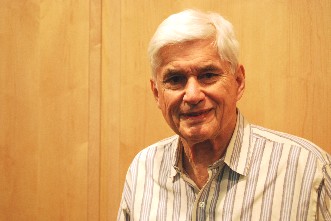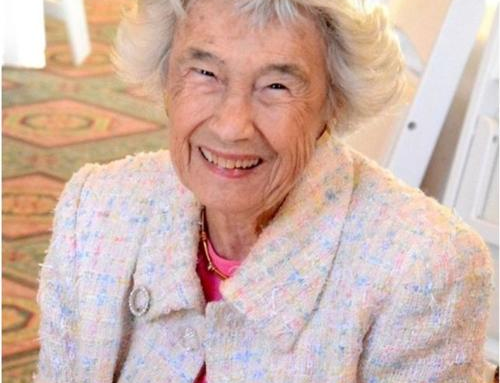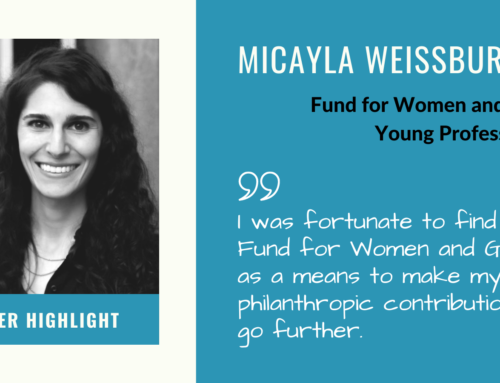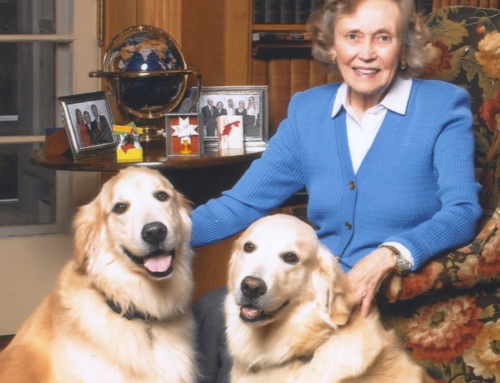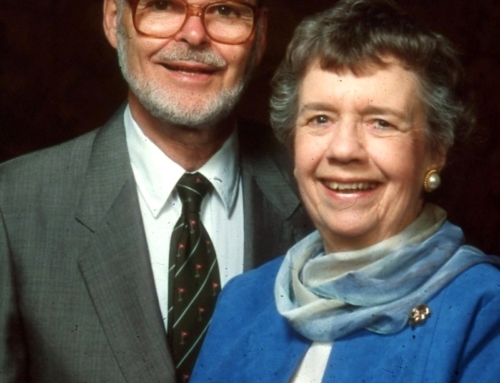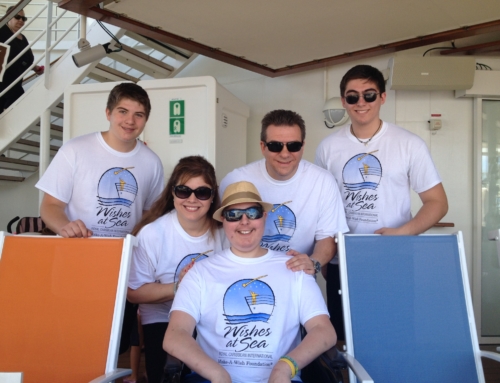Keith Wheelock, professor of history at Raritan Valley Community College, comes from a family that felt an obligation to give back. “I remember going with my mother to a Philadelphia warehouse where we packed food boxes for Allied prisoners of war,” he recalls. “In 1951, my father, with Edward R. Murrow, founded This I Believe, short statements of conviction by people from all walks of life. In 2003, I helped bring a modern-day This I Believe to public radio.”
Keith’s college teaching caps a career in the Foreign Service, business, finance, and government. His unrestricted bequest to the Community Foundation will be a legacy of his lifelong charitable work. “I wanted to do something that would touch people,” he says. “The Community Foundation provided the answer. When I attended a program at which beneficiaries described what they had accomplished with Community Foundation money, I went away with the confidence that the Community Foundation would be a superb guardian of my bequest.
“The real ‘ah-ha’ moment was when I got an e-mail announcing that the Community Foundation would help local nonprofits with their operating expenses. I’ve chaired nonprofits, and I know that virtually every grant they receive says ‘This is not for administrative or operating expenses.’ Yet operating expenses are the fuel that keeps a nonprofit’s engine running. Unless there is gasoline for the engine, the car is going nowhere. Typically, those kinds of grants will say where a nonprofit is supposed to go, without putting any gas in the engine. But here is the Community Foundation, focusing on operating expenses in a time of economic difficulty, when most sources of aid are cutting back and reiterating their standard policies. To me their approach made so much sense, and was so gutsy, that I said, it’s exactly what I want to do—for good times or bad.
“So my major bequest will be to the Community Foundation, giving them a free hand to provide operating expense support to organizations that, in the professional judgment of the trustees and staff, are most deserving. I totally trust them.
“As a one-time president of a national consulting firm, I am an admirer of Peter Drucker, who focused on the importance of running nonprofit groups in a businesslike way. I find his criteria for nonprofit managerial excellence met and exceeded by the Community Foundation. They’ve identified worthy nonprofits in community development, arts and culture, basic services, and other core hands-on areas. They’ve attracted business and civic leaders who provide policy guidance to the foundation and offer management assistance to the grantees.
“Because I’m an entrepreneur, my orientation is to invest in people through a really savvy organization. The Community Foundation has rigorous benchmarks. They have a track record over the years of discovering and supporting key aspects of our extended community, particularly those folks who tend to be ignored—the part of community that needs and deserves help, innovators who can do a lot with little. I can’t think of a better place to determine how a limited amount of money can best be used. Anyone who goes to the annual event to hear the recipients talk about what they are doing can only say, wow, the Community Foundation got it right.
“And for a potential donor new to philanthropy, for someone with a sense of wanting to do something for their community but not sure how, the Community Foundation is an excellent place to start. They are experts at helping donors help people who help themselves. You can’t create the people, but you can identify them, and you can assist them. And if they don’t come up to reasonable standards, you can assist someone else who can. That’s really good! That’s what excites me.”

